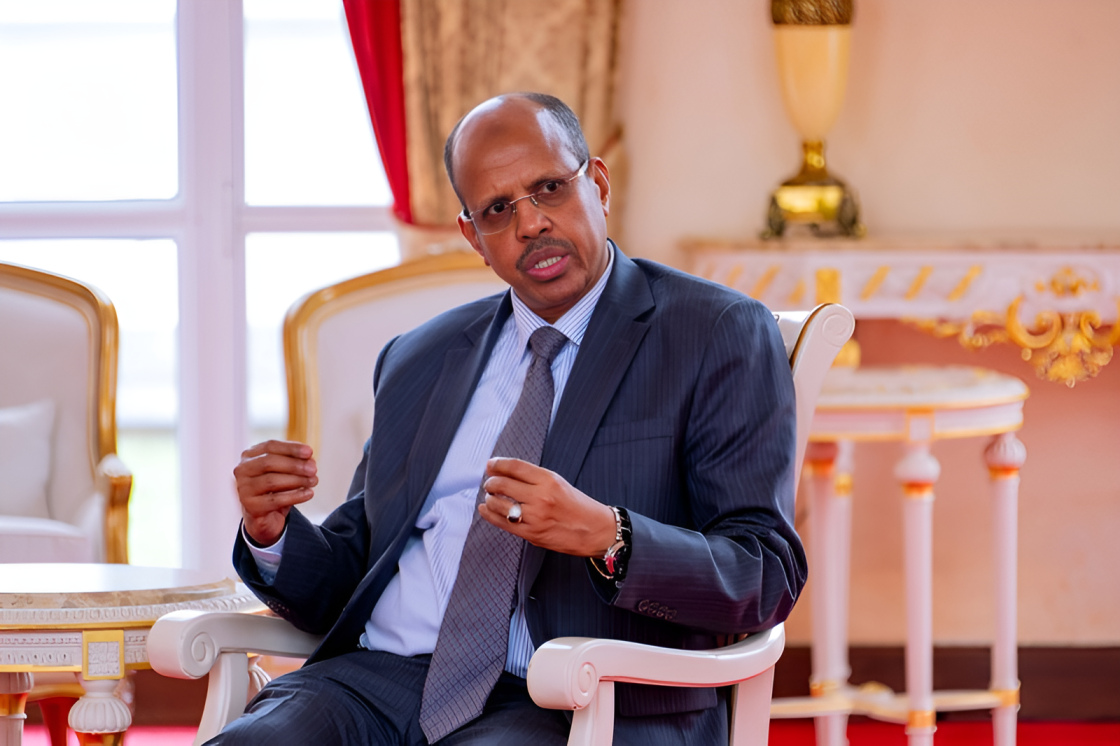South Sudan’s government has extended an invitation to the heads of two key regional organizations, signaling a desperate move to address the escalating political crisis.
The country's Foreign Minister, Monday Semaya, has formally invited Mahmoud Ali Youssouf, the African Union (AU) Commission Chairperson, and Mohamed Abdi Ware, the Deputy Executive Secretary of the Intergovernmental Authority on Development (IGAD), to visit Juba for urgent talks.
This development comes amid increasing concerns that South Sudan is on the brink of falling back into conflict, barely a few years after emerging from a devastating civil war.
The proposed visit aims to strengthen cooperation between South Sudan and its neighbors, particularly Sudan, and to create a platform for critical political discussions as the nation grapples with internal tensions.
The invitation, announced on Monday, underscores the mounting fear that South Sudan could be heading towards instability once more.
Since gaining independence in 2011, the country has struggled with persistent political fragmentation and the threat of renewed conflict, despite the peace agreement signed in 2018.
The Revitalized Agreement on the Resolution of Conflict (R-ARCSS) was supposed to bring lasting peace, but the slow and selective implementation of the accord has left the country vulnerable.
The African Union and IGAD, who have played pivotal roles in brokering peace deals in the past, have faced criticism for their perceived inaction.
Despite warnings from IGAD that South Sudan's ongoing political division "seriously undermines the R-ARCSS and risks plunging the country back into violent conflict," both bodies have been largely silent, with their limited influence seen as a failure to take meaningful action.
Workneh Gebeyehu, the Executive Secretary of IGAD, has called for a unified approach to prevent unilateral actions that could derail the peace process.
Meanwhile, the African Union’s Peace and Security Council, though intended as the continent’s primary conflict resolution body, has struggled with limited resources, lack of political will, and inconsistent enforcement of its decisions.
These challenges have led many to question the credibility and effectiveness of the AU in addressing South Sudan’s ongoing crisis.
Despite these concerns, South Sudan’s invitation reflects the government’s acknowledgment that it may no longer be able to navigate the political storm alone.
With President Salva Kiir and former Vice President Riek Machar continuing their political standoff, South Sudan’s prospects for a peaceful resolution seem more uncertain than ever.
